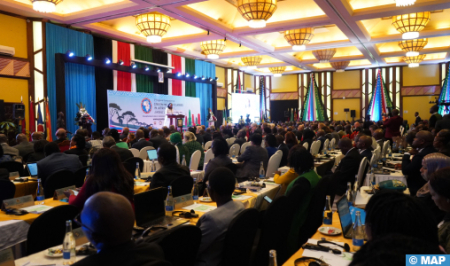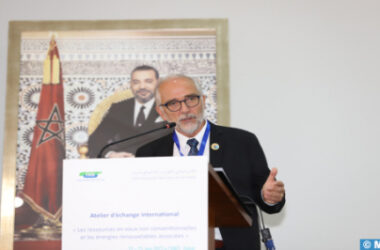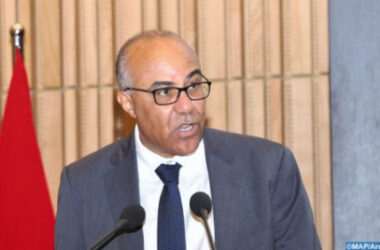Speaking at the opening of the 3rd Regional Symposium on the Greening of Judicial Systems in Africa (03-05 April), Imane Elmalki, head of division at the Supreme Council of the Judiciary Power (CSJP), stressed the need to achieve a balance between the needs of sustainable development and environmental protection in all reform projects, within a common legal framework.
The environment issue is a unifying element for African countries and enshrines the continental belonging and common destiny, said Elmalki, also Advisor to the Court of Cassation, noting that the environment is a common good and a collective responsibility of all nations, which requires the involvement of all actors, defining the responsibilities of each stakeholder.
African countries face the same problems, namely desertification, drought and climate change, she noted, noting that the African citizen has moved from the stage of adaptation to its environment to the search for better opportunities in a better environment.
She has, in this sense, stressed the importance of modernizing the legal system by adapting it to regional and international commitments, as well as the importance of ensuring the human, logistical and management resources to implement these commitments, saying he is for a preventive and repressive approach.
Elmalki also called for special attention to this issue and to provide all the means to the judiciary, on the human, scientific and organizational levels, so that it can be up to expectations and challenges.
The Courts of Cassation were the first to move towards the green future, modernizing the mechanisms of judicial and administrative action, as well as the curricula of the continuing education of its judges, she said, highlighting the role of judicial training institutes to make environmental law one of the essential components of training programs.










